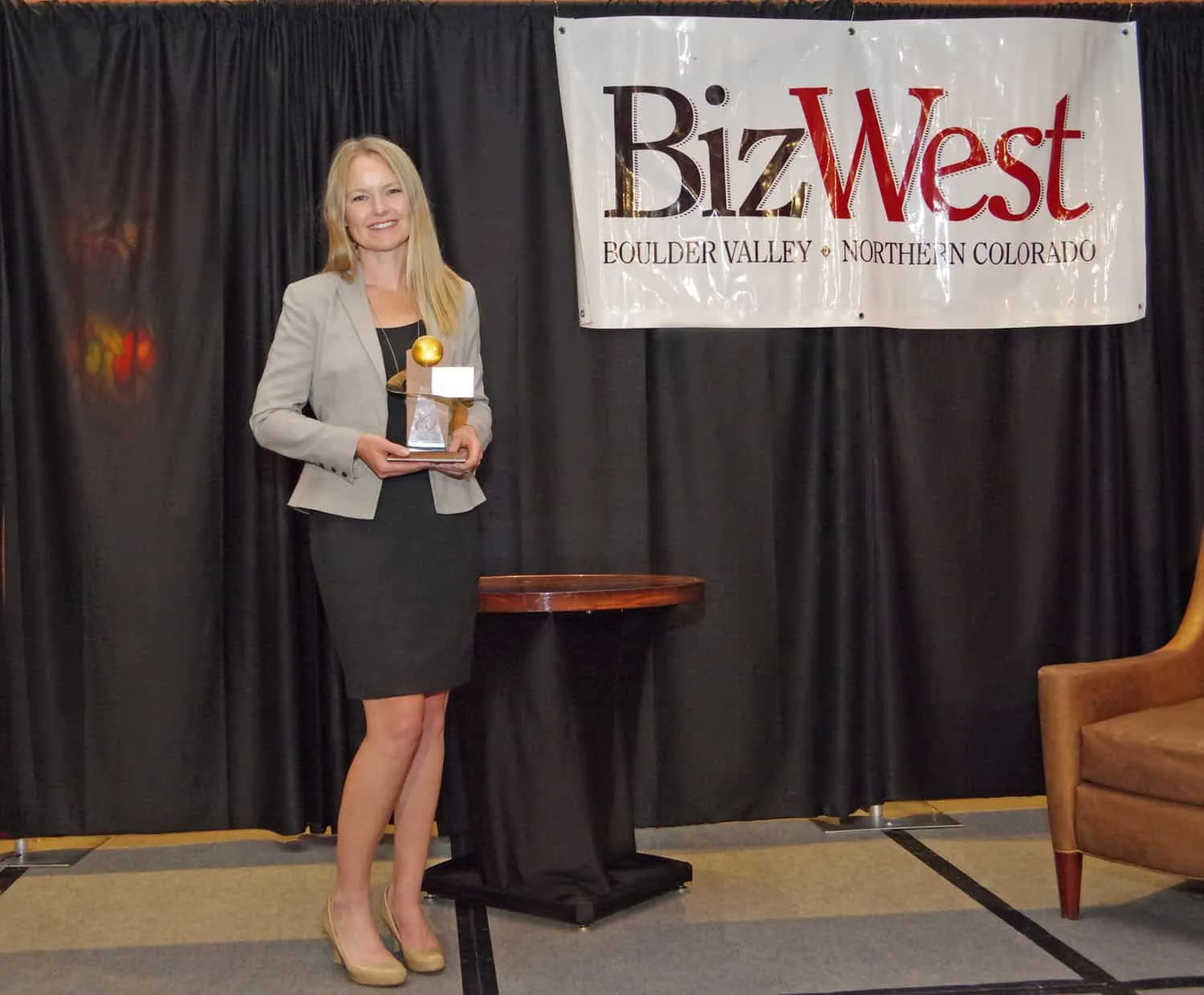Many area business leaders optimistic in wake of SVB collapse
Federal actions over the weekend to blunt the effects of Friday’s collapse of Silicon Valley Bank came as a relief to several economists involved with technology startups in Northern Colorado and the Boulder Valley.
“Things are still a little bit in flux, but hopefully the startups will come through this without significant losses,” said Brynmor Rees, managing director of CU Venture Partners at the University of Boulder and associate vice chancellor for research and innovation. “Silicon Valley Bank was a central part of the ecosystem, but at least the depositors will have those deposits covered. Without that it could have been…
THIS ARTICLE IS FOR SUBSCRIBERS ONLY
Continue reading for less than $3 per week!
Get a month of award-winning local business news, trends and insights
Access award-winning content today!





